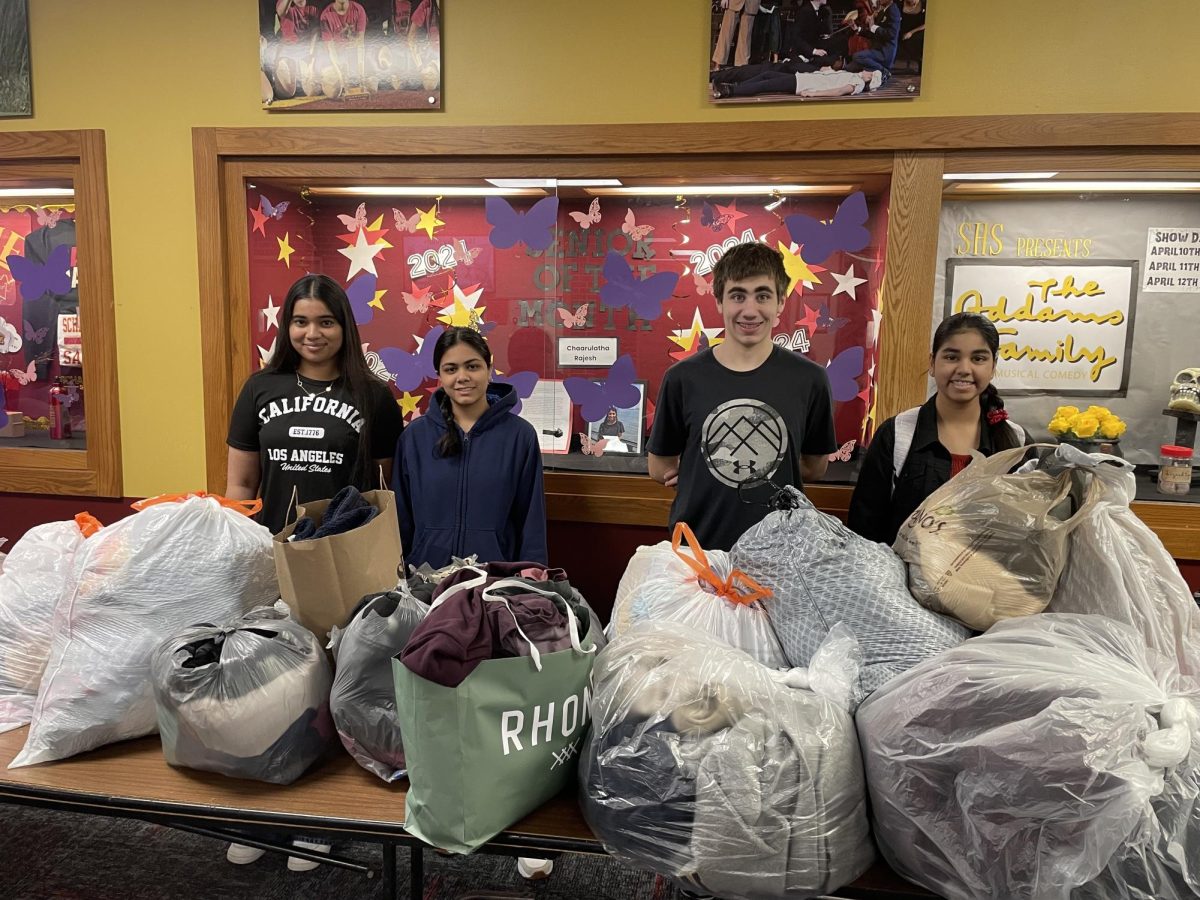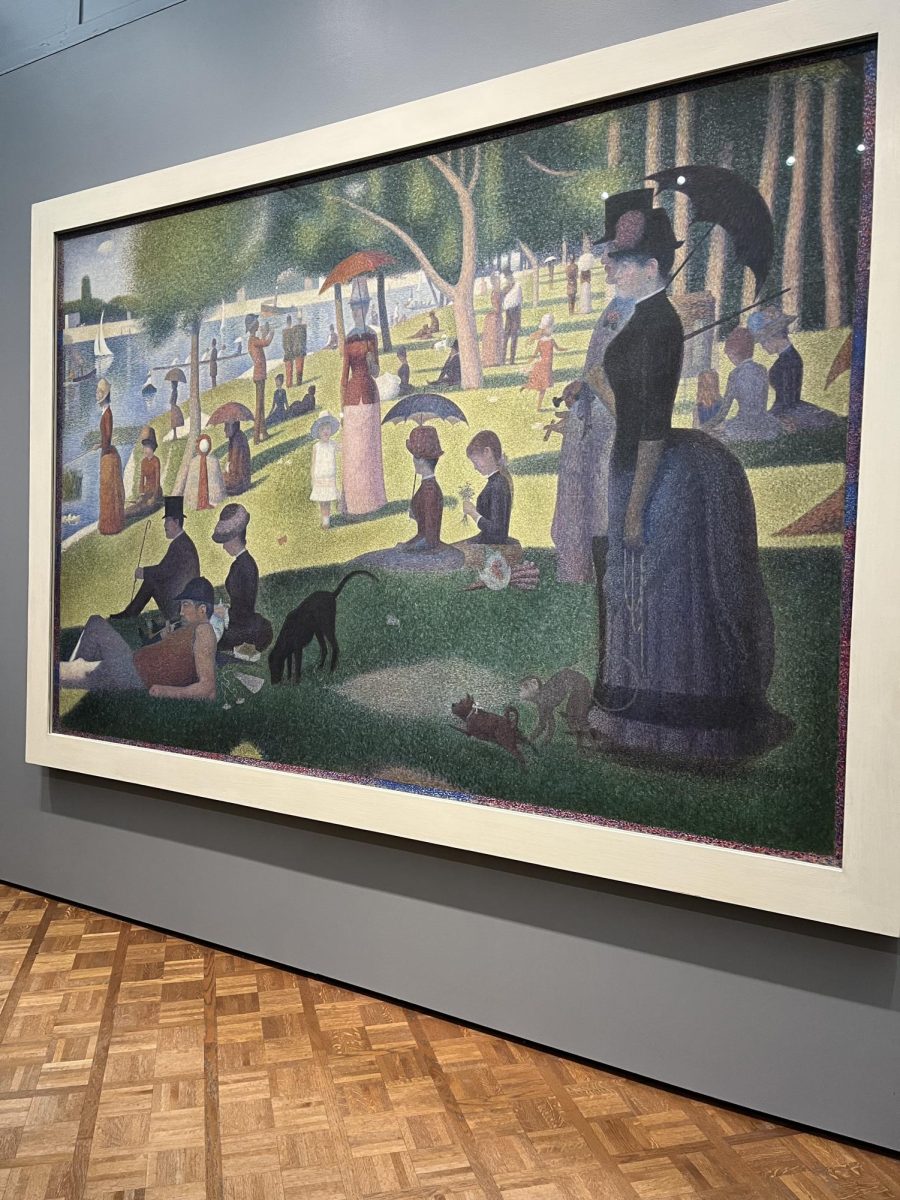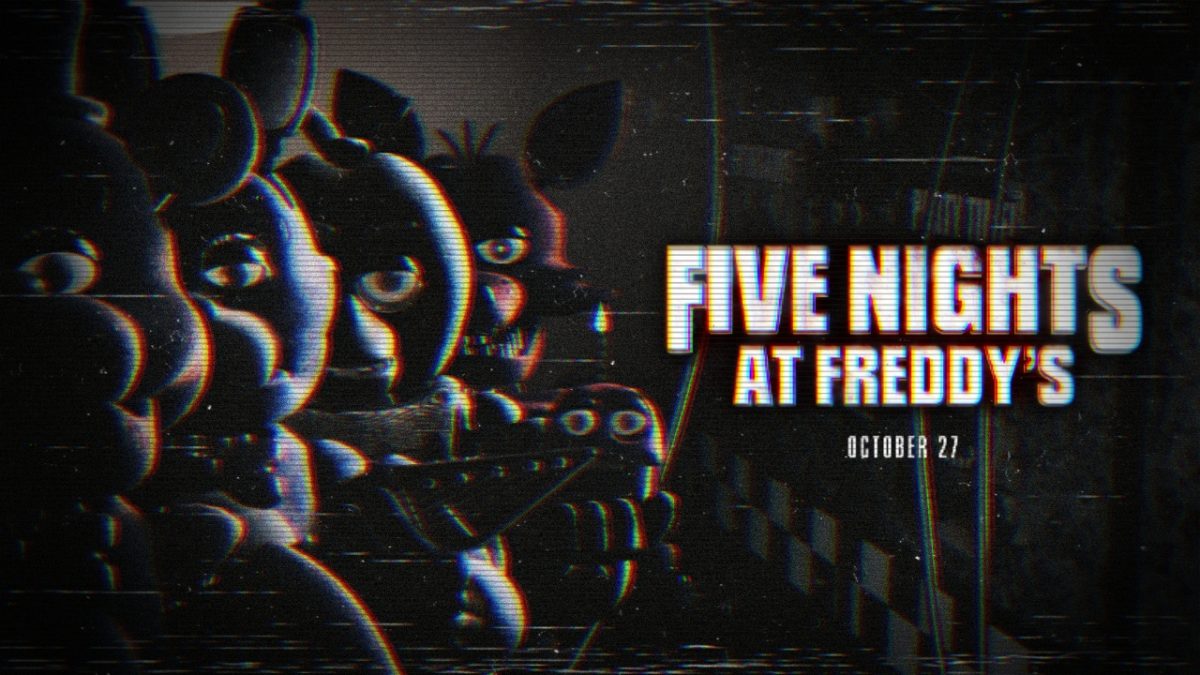The Unwanted Honesty of Snapchat’s YOLO

YOLO allows users to provide anonymous feedback and criticism to posts.
November 6, 2019
It spams our Snapchat stories. It litters our notifications. It has the power to either boost or destroy our confidence.
That’s right: YOLO is back, and it’s time to get anonymous.
Welcome to Popshow, Inc’s newest app, YOLO. The App Store describes it as “the most fun and spontaneous way to get honest and genuine messages from your friends.”
The add-on allows users to have the opportunity to improve themselves through anonymous, therefore supposedly “honest” feedback, through critiques, compliments, or answers to questions, all through common social media platforms such as Snapchat, where the majority of users post and use YOLO.
So what’s the harm?
Here’s the issue: Anonymity allows for users to hide behind a screen without true confrontation with the receiver. Although this may not be experienced by all users, the facts are there: it’s still happening. The description may emphasize to “Be kind, respectful, and show compassion with other users; otherwise you will be banned.” The truth is this negative feedback still gets through, and users are taking notice.
“Personally, I have never had a bad experience with YOLO,” SHS Senior Kailey Heimen explains. “It gives me an opportunity to get people’s opinions on different topics, and I appreciate honesty and some people can’t take the truth sometimes.”
“Regardless, there is a fine line between the truth and bullying which should not be tolerated,” Heimen continued. “I can see it being both harmful or beneficial depending on the person and who they are friends with. People feel more invincible when answering anonymously, so they are more honest or harsh when expressing their emotions and what they are saying to said person.”
The threat of being “banned” doesn’t matter much. When students read these harmful messages and know it may come from one of their peers that they walk by or talk to everyday, it begins to take a toll on their mental status. The trust between themselves and others shatters.
“People started calling me desperate for attention, ugly, and annoying,” Rachel Simon comments. “This was multiple times. I think it was the amount of times I kept posting YOLOs.”
While it’s not just students at D211, we’re a part of it. This source of “honest” feedback is truthfully a source of trouble, and after seeing the risks and harms it can cause, we need to make sure we take action.
























